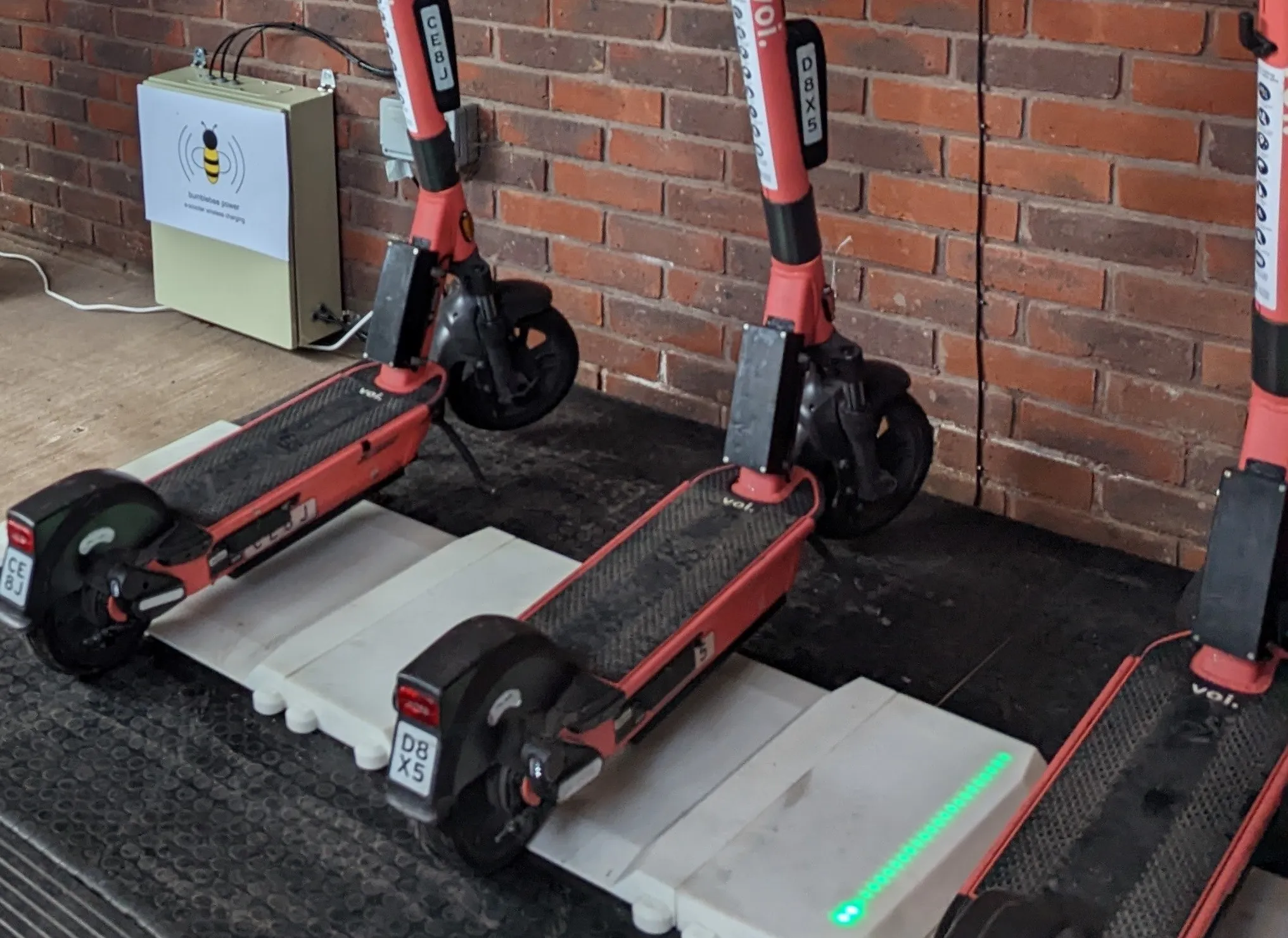"Boston is always looking for ways to be more green, both in saving money and saving energy. This partnership with Zipcar helps us do both," Mayor Thomas M. Menino said. "It will modernise the city's fleet, allowing us to reduce costs and operate more efficiently, providing fuel-efficient vehicles as well as the technology to maintain a convenient, web-based system for use by city employees."
Boston selected Zipcar as its fleet technology provider through a competitive bidding process. The programme will initially be launched as a six-month pilot, which the city plans to extend to more vehicles following successful implementation.
Zipcar's technology has already been adopted through similar initiatives in Washington, DC, and the city of Chicago. In 2009, Washington, DC became the first city to use the Zipcar technology in its fleet, allowing fleet operators to eliminate cars, save money and reduce emissions. DC officials estimate that they save more than US$1 million per year using the technology.
In March 2011, Chicago became the first in the US to integrate both the use of Zipcar technology in its existing fleet and Z4B (Zipcar4Business), the company's business transportation solution. According to the city's projections, the integrated programme could save Chicago hundreds of thousands of dollars in transportation costs over the next several years.









